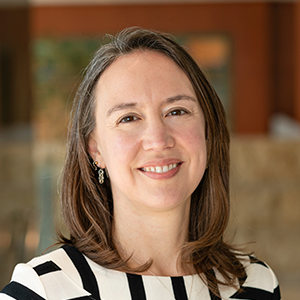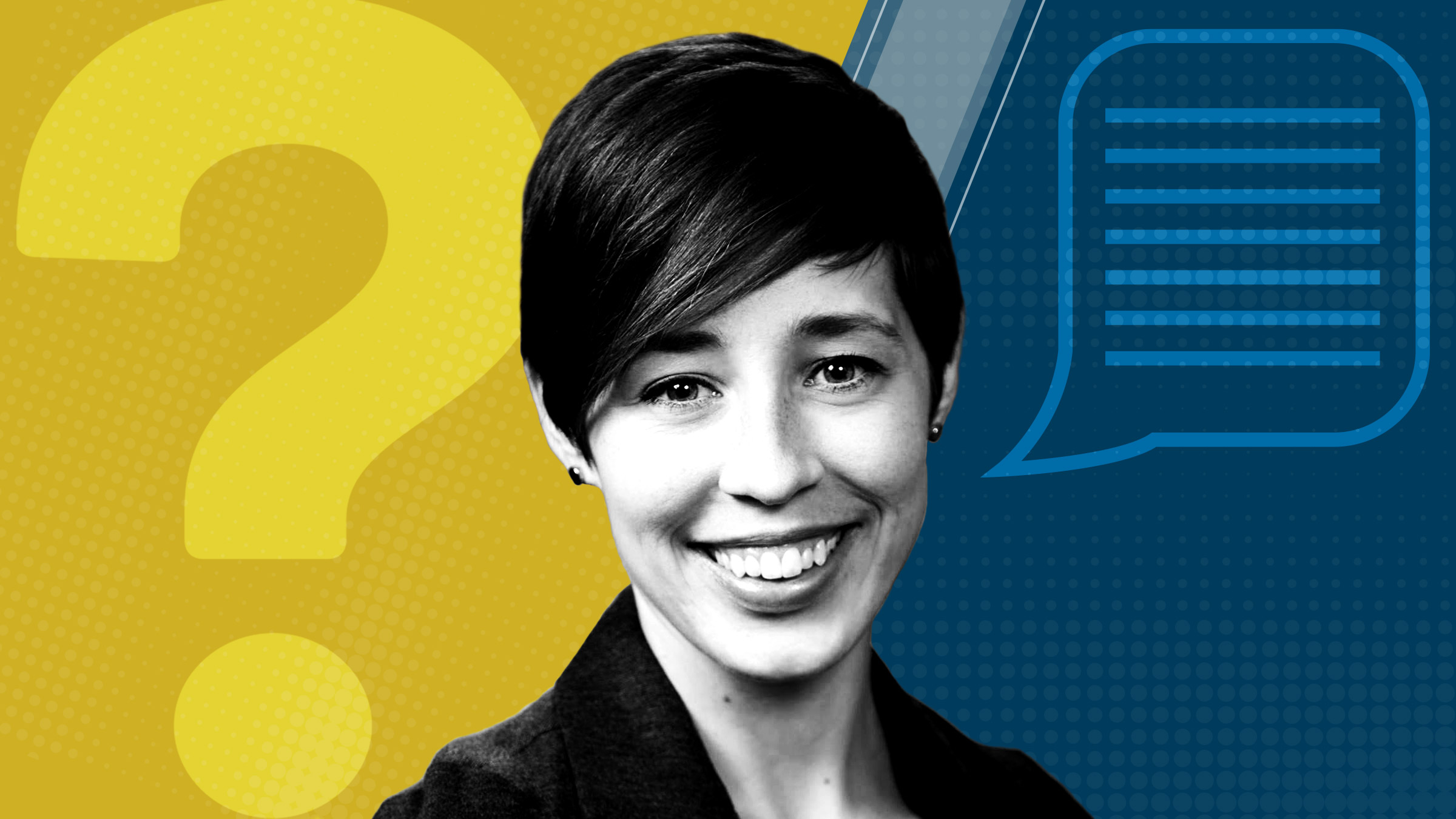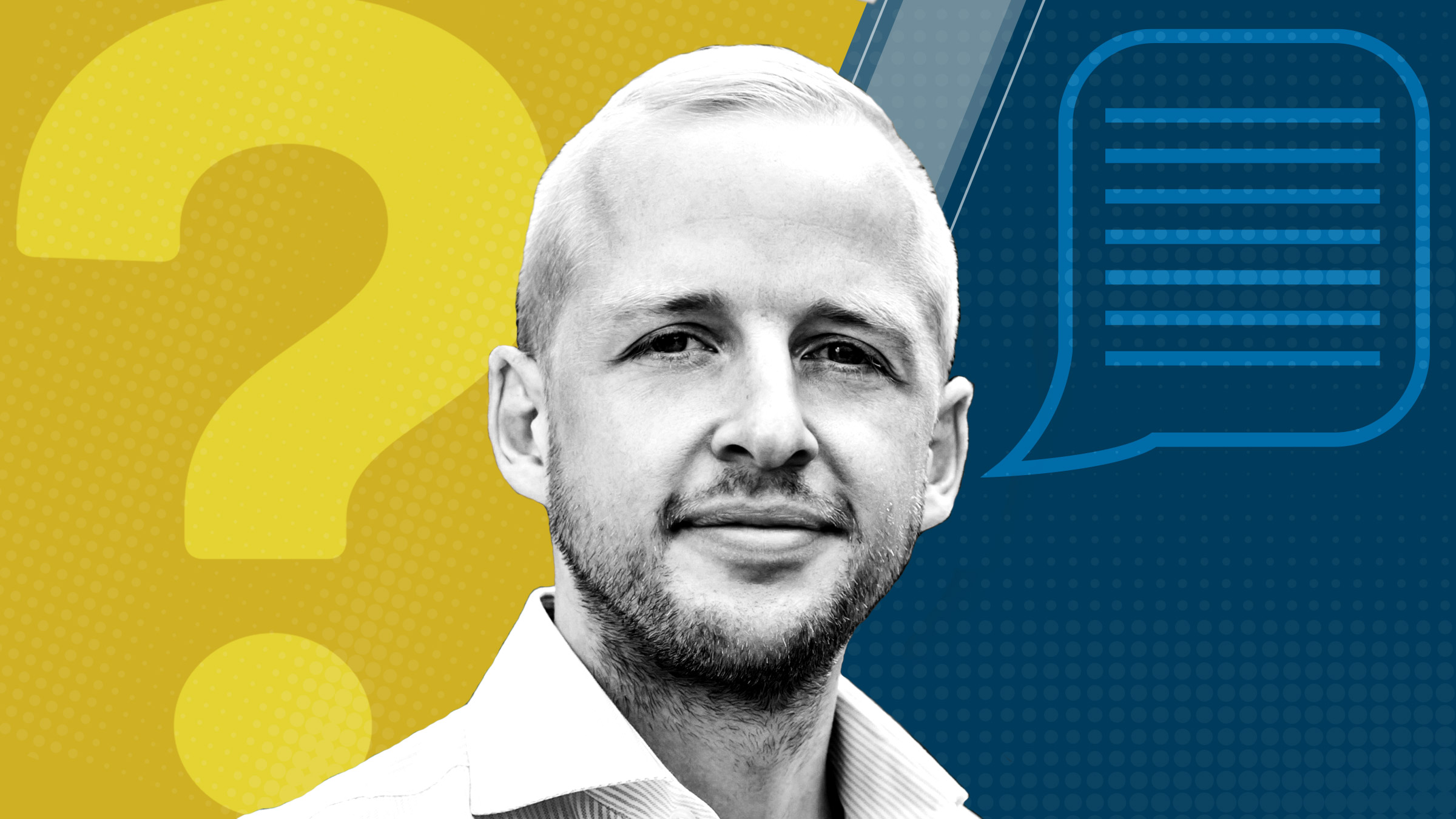Sometimes, the best way to understand an idea is to meet the people who devote their time and energy to studying it.
The Opportunity & Inclusive Growth Institute’s mission to conduct and promote research that will advance economic opportunity and inclusive growth for all Americans means engaging with a varied group of scholars who approach these topics from many angles. This series of short Q&As spotlights those individuals, what led them to economics, and how their research connects to opportunity and inclusion. Plus: the most useful ideas in economics, surprising statistics, and useful advice.
For this installment, Institute writer Lisa Camner McKay sat down with University of Rochester economist and Institute visiting scholar Angela Crema to discuss education policy, causality, and unintended consequences.
What made you decide to study economics?
I have to say, it’s not something that I had been exposed to before choosing my major. In Italy, you commit at the time of enrolling in college, so early on. But economics is not really a subject you typically take in high school; at least, that was not my case. So, it was more the output of trying to integrate many things that I knew I wanted to have in my life—the interest in social issues was the main one. But then I wanted it combined with a quantitative approach. And I also liked the idea of learning a “universal” language.
What do you think is one of the most useful ideas in economics?
I think there are quite a few that people tend to use in their daily lives, maybe more or less consciously— opportunity cost, sunk cost. My favorite one is the distinction between correlation (when X and Y simply move together, like hot dog sales and stock market prices might) and causation (when X actually causes Y). Maybe there is a Z that explains both the increase in X and the increase in Y, which makes it harder to tell whether the relationship between X and Y is causal or not. I think it’s a crucial idea to keep in mind—even in everyday contexts like interpreting the news.
Yet often in our own lives, we deal with situations with an n of one. I experience an outcome—say, I slept poorly last night. Can I figure out what the cause is? There are so many potential reasons, I’m not sure it is possible to determine the cause. Are there limits to when we can figure something out causally?
It is really hard. You take a cold medicine and feel better. Was it the medicine, or would you have recovered anyway? This fundamental challenge is what makes methodological advances so exciting to me. That said, I think it’s fair to say that anecdotes play their own role—they can get good research ideas started, for example. In education, I see how problems worth studying may be identified just from someone’s daily life and careful observation of their surroundings.
Is there a specific example of something that you had heard about in an anecdotal setting and then studied?
I have been lucky enough to experience that a little bit, yes, although not in that exact order. I am thinking about my Ph.D. dissertation, where I studied classroom formation. The idea being, okay, how do schools form classrooms—that is, how do schools decide which children to place in a classroom together within each grade? What criteria come into play? Are they malleable to the incentives that schools face on a larger scale? And the whole project started with an observation from the data that the way schools form classrooms does respond to things like the level of competition for students that the schools face. And it’s complicated to understand the mechanisms behind that. It’s like when you see schools becoming more effective at boosting their students’ performance: Is that driven by greater resources, a different allocation of the existing resources, teachers exerting more effort? With my dissertation, being able to talk to people with direct experience in schools has helped me get a better sense of the potential forces underlying my findings.
What are you studying now, and what do you want to study next?
My co-authors and I are studying the impacts of charter school openings on traditional public schools nearby. One of the aspects we are interested in is the effects on schools’ financials. This has been very hard to study because spending data at the school level is rarely available, or not for enough consecutive years. We are really curious to understand how funds are distributed within districts, across schools and programs, and what the relationship is between spending patterns and the level of competitive pressure that different schools face.
We have other ongoing work examining the relationship between school size and student achievement, as well as the effects of spending on different types of educational inputs (teachers, instructional materials, after-school programs, etc.) in K-12 education.
We’ve also been learning a lot recently about how classmates can influence whether and where high school students apply to college, using data from a large school district in Minnesota. I am excited as all these projects have important potential implications for improving educational outcomes.
How does your research relate to the concepts of economic opportunity and inclusive growth?
Mainly by studying the unintended consequences of policies not explicitly aimed at inequality. On a general level, you can think of policies meant to expand school choice, boost market efficiency, or achieve other goals. Yet, because of the incentives that different actors face, in the end, there may be a differential impact of these policies across different groups of students, for example. There is scope for understanding what the underlying mechanisms are and how those same policies could be improved, keeping both efficiency and equity in mind.
Is there an important economic statistic that you think is surprising or that you think people should know?
According to the 2024 National Assessment of Educational Progress, the NAEP, around 40 percent of fourth graders in the U.S. have a level of literacy below the NAEP “basic” level. It’s such a prevalent problem and a significant vulnerability. This is the type of challenge that drove me to study education, but it’s also something that I think as a society we should keep being worried about.
Is there a meaningful piece of advice that you’ve received or encountered along your journey?
I think this is easier said than done, but one of my advisors often told me to focus on what you can control. And even before that, put effort in distinguishing what you can control from what you can’t. I think that’s a big investment, especially when you work on projects that take years to complete. This idea of actively focusing on what is related to your action and not worrying too much about the rest has been very helpful so far.
If you could do any job for a day, what would you choose?
I would be curious to try something in the medical field, something relatively hands-on. I love economics—every project I tackle is driven by real policy questions, and while large-scale impact often unfolds over years, I see that process as deeply rewarding. The medical field no doubt comes with its own challenges (ones I probably couldn’t bear long term), but I imagine seeing immediate results would be a great complement to economic analyses.
Lisa Camner McKay is a senior writer with the Opportunity & Inclusive Growth Institute at the Minneapolis Fed. In this role, she creates content for diverse audiences in support of the Institute’s policy and research work.






